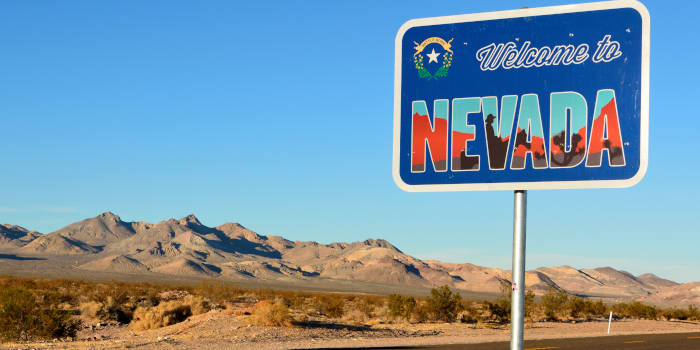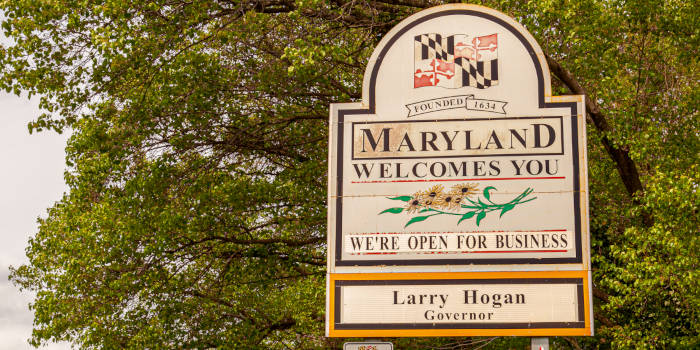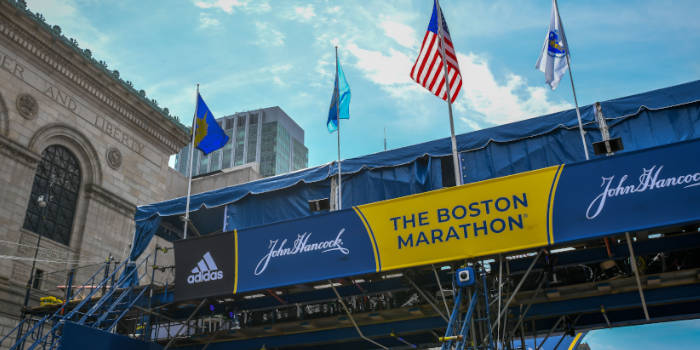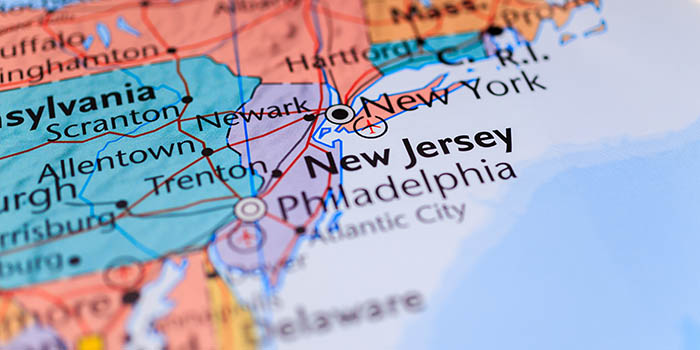MGM Violates Consumer Protection Act by Charging Resort Fees

A lawsuit against MGM Resorts International arguing resort fees the casino and hospitality operator charges at its MGM National Harbor violate the District of Columbia’s Consumer Protection Act.
“Resort fees are a clear violation of DC’s consumer protection laws.”
Lauren Wolfe, Counsel, Travelers United
Resort Fees Are Deceptive
The lawsuit for charging “deceptive” resort fees against the casino and hotel operator was filed by a nonprofit travel advocacy group, Travelers United, due to the proximity of the MGM National Harbor in Forest Heights, Maryland, to the district, a statement from the group revealed.
“It is time to end the abhorrent practice of illegal resort fees by the hotel industry. All mandatory hotel fees must be included in the advertised price in order to be legal. MGM’s deceptive practice of hotel resort fees must end.”
Lauren Wolfe, Counsel, Travelers United
In the lawsuit Travelers United filed against MGM Resorts last month, the nonprofit advocacy group argued that the advertising approach excluding resort fees from room prices adopted by the hospitality operator is misleading and represents false advertising.
Further, the travel advocacy accused MGM of “drip pricing”, a technique in which a portion of the daily rate is hidden via additional fees, which allowed the casino operator to reap hundreds of millions of dollars for the last decade. Despite the warning issued by the Federal Trade Commission in 2012 that drip pricing may violate federal consumer protection law, the practice continued in the district.
The advocacy’s counsel noted the group waited for almost a month before it came up with the statement regarding the lawsuit, to make sure MGM Resorts had been served and Travelers United had confirmation of service.
Resort Fees Affect Every Taxpayer
According to information from MGM’s website, the resort fees ranging from $15 to $45 per day are charged at every MGM resort for amenities aimed at enhancing the guest experience, among which access to high-speed internet and fitness center, unlimited local and toll-free calls, as well as printing for airline boarding, passes.
Travelers United argues that there is no such correlation between resort fees and guest amenities, pointing to the fact that many of these amenities were either reduced or eliminated during the period of coronavirus-related restrictions as proof that resort fees are just a tool that allows the hotel to hide the end price of the advertised room.
Citing a $335.60 resort fee a district council member and his legislative director for 4 nights in Las Vegas in 2019, the advocacy group states that the resort fees affect all taxpayers in the district when officials from the local government elect to stay at an MGM hotel while on public duties.
Another illegal practice implemented by MGM the travel advocacy group intends to bring in the lawsuit is charging resort fees to complimentary rooms, arguing that if a room is charged with the fee it actually means the room is not complimentary.
But the main purpose of the lawsuit is to force MGM to bring up-front pricing with all fees included in the advertised price, as on its website, so by travel agencies.
With 4 years experience as an analyst, Julie—or ‘Jewels’, as we aptly refer to her in the office—is nothing short of a marvel-worthy in her attention to the forex and cryptocurrency space as she quickly became the first pick to co-pilot education to the masses with Mike.














